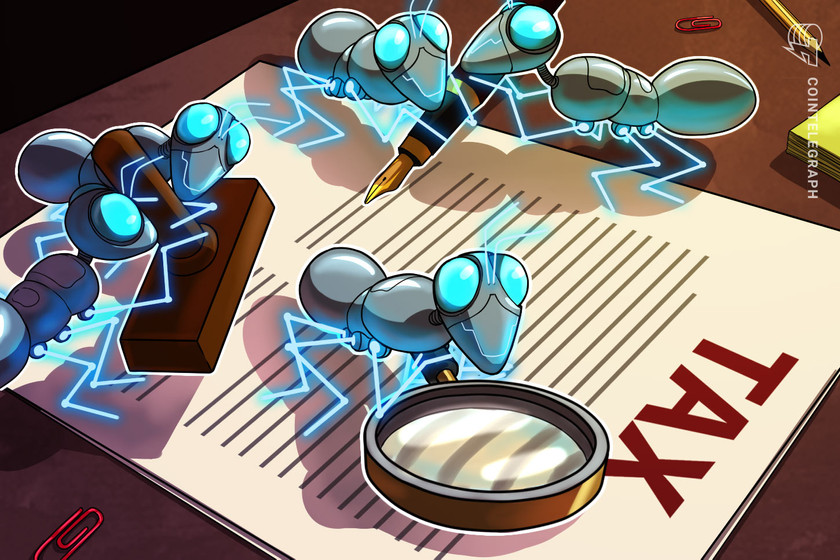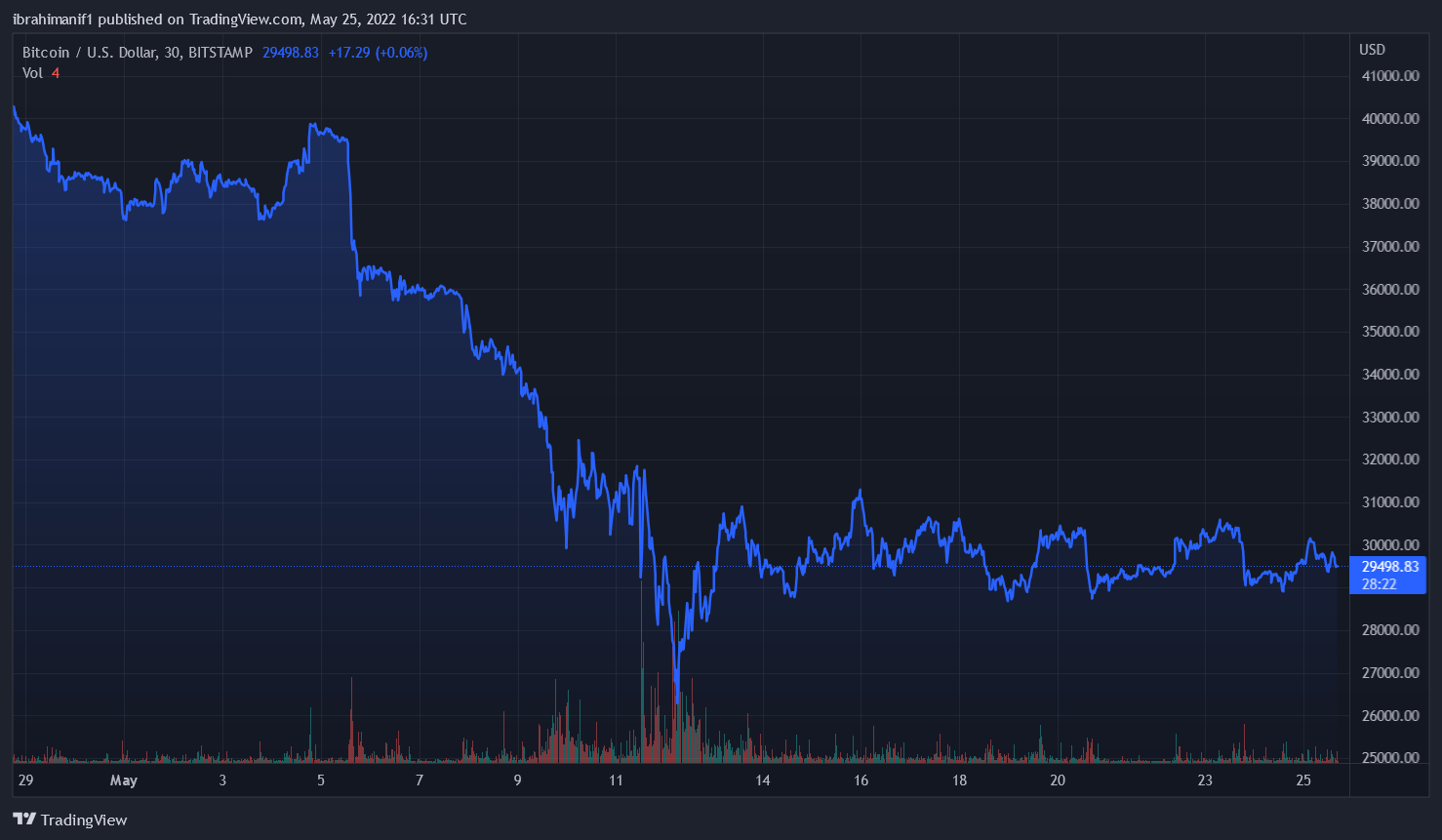
No precedent: IRS court settlement doesn't clarify crypto staking taxes
There is yet to be a conclusive court ruling regarding the taxation of staked crypto rewards; however, a recent case demonstrates industry progression. In May 2021, a Nashville couple known as the Jarretts filed a lawsuit against the United States Internal Revenue Service (IRS) over taxes they had paid on unclaimed and unsold Tezos (XTZ) staking rewards. At the beginning of February, news broke that the lawsuit filed by the Jarretts had come to an end, resulting in the IRS issuing the couple a tax refund for $3,793. Confusion among crypto holdersNot long after this news made headlines,....
Related News
The Nashville couple’s case against the IRS compared unclaimed and unsold crypto rewards to an unsold book from a writer, and will be rewarded a refund with interest for tax paid. A Nashville couple’s lawsuit over taxes they paid on unclaimed and unsold Tezos staking rewards is coming to an end with the Internal Revenue Service (IRS) agreeing to issue them a refund.The decision may set a precedent for future guidance on how crypto rewards earned through staking are taxed. At present Proof-of-Stake staking rewards are classified as income, with tax payable as they are gained. The new....
The Tezos validator who took the IRS to court argues that staking rewards should be treated as created property rather than income. A United States couple suing the federal tax agency over Tezos (XTZ) staking rewards taxation chose to forego a tactical victory and engage in a court battle that could eventually result in policy change.Joshua and Jessica Jarrett, who run a node on the Tezos network (thus “baking” new blocks, in the ecosystem’s lingo), have sued the Internal Revenue Service (IRS) over the taxes paid on the XTZ tokens created in 2019. The Jarretts filed a refund claim on....
A Miami, Florida, trial court recently dismissed a criminal case against a defendant who had sold bitcoin to a police detective as part of an undercover investigation. The case, Florida v Espinosa, has been already been cited by some potentially important precedent for future cases, particularly those where bitcoin's status as "money" or "currency" is at issue. Bitcoin industry advocates will also cite the case when arguing for legislative reform and greater regulatory clarity. But, as legal precedent, Espinosa's value may be limited. It’s a single decision from a....
The City Court of St. Petersburg in Russia made a judgement that legally acknowledged digital assets less than a week after the Russia’s Industry and Trade Minister Denis Manturov said that Russia would definitely legalize crypto as a means of payment. Russian Court Acknowledges Crypto As Form Of Payment Piron and Yevgeny Prigozhin were sentenced […]
Both Sunlot Holdings Ltd. and some Mt. Gox creditors have received a preliminary court approval this week of a settlement which would see the acquisition of the disgraced exchange for one bitcoin in a move that would allow customers to be compensated for lost funds. U. S. District Judge Gary Feinerman granted the initial approval at a federal court hearing in Chicago, Illinois on Wednesday, which would effectively settle a March class-action lawsuit against the company, Gonzague Gay-Bouchery (Mt. Gox's Marketing Chief), and Jed McCaleb (who founded Mt. Gox and sold it to Mark Karpeles in....





